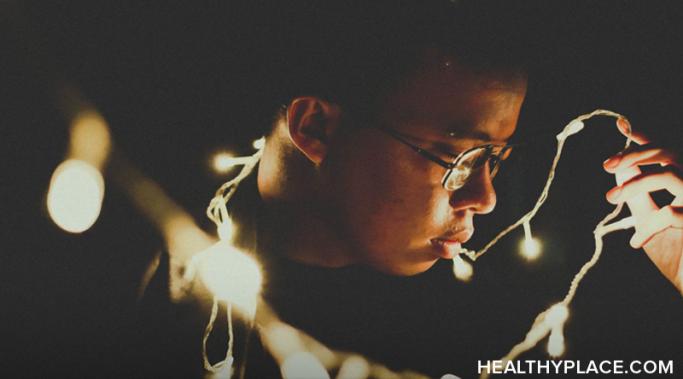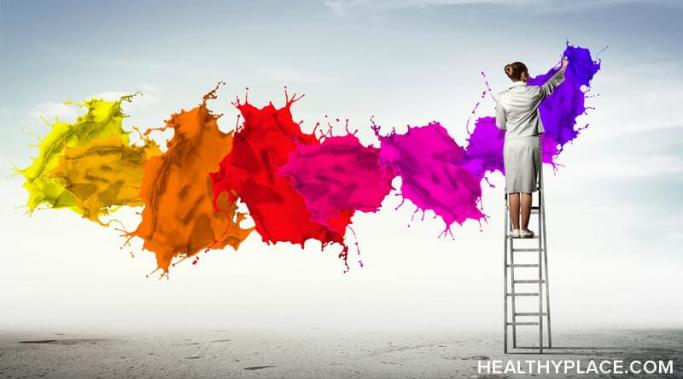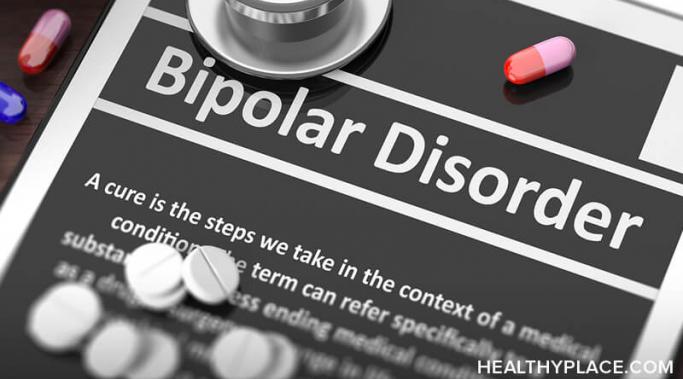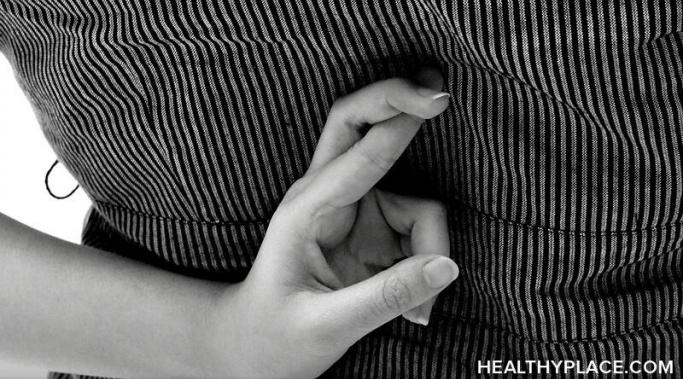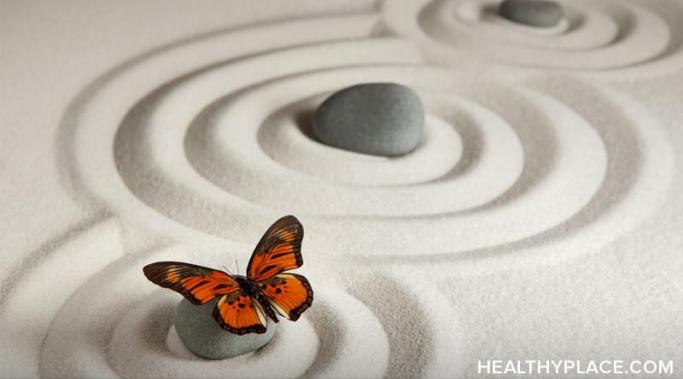Ah, self-employment, it's a dream that many aspire to -- and that many succeed at with enough time, patience, and grit. For folks with bipolar, self-employment offers a number of advantages as well as challenges. If you struggle with work and bipolar disorder, self-employment may be an option worth exploring.
Work and Bipolar or Depression
I think it's a safe bet to say that we are all ready for 2020 to be over, but perhaps not ready to start planning the new year with bipolar disorder. This year threw us a global pandemic, severe economic downturn, mass civil unrest, growing urgency around climate change, and perhaps the most volatile presidential election in US history. Then there were the thousands of personal losses so many of us faced (and are still facing): jobs, income, stability, housing, treasured time spent with family and friends, relationships strained to the breaking point due to political division, and loved ones whose lives were cut short by COVID-19. While the New Year is usually a time of hope and optimism, many folks -- especially those of us with mental health challenges like bipolar disorder -- are finding it hard to look ahead in the face of so much heartache and discouragement. Fortunately, planning for the new year with bipolar disorder doesn't have to take a tremendous amount of effort.
Have you ever been asked to describe where you see yourself in five years during a job interview? Some people find this kind of question tricky to answer (if 2020 taught us anything, it's that a lot can change in one year, let alone five) while others have an entire career blueprint they've been building off of since their first career fair. Whether you're a fresh graduate uncertain of your next steps, transitioning careers later in life, or have been pursuing your calling ever since you were old enough to answer when someone asked what you wanted to be when you grew up, creating a long-term career plan with bipolar disorder comes with a unique set of challenges -- and rewards.
Depression and burnout are two distinct conditions. Even though depression and burnout have many common symptoms, they are not one and the same. That said, I believe having depression makes one more prone to burnout. This is why.
There are many kinds of dysfunctional families; mine is an enmeshed family. In my experience, an enmeshed family is one in which needs are perceived as a common unit. In simple words, individuality is frowned upon, and personal boundaries aren't respected. Such toxicity is common in India, but I'm sure it is a global issue. Enmeshment might seem like a mild to moderate inconvenience, but it can negatively impact work and life in general. With so many of us moving back home and working remotely due to the pandemic, it's crucial to know more about this unsettling phenomenon. Let's take a look.
Most people look forward to taking time off work for the holidays (even if the holidays look a little different this year thanks to COVID-19). Folks who live and work with bipolar disorder are no exception. However, the work difficulties that come with bipolar can put a damper on what should be a time to relax and decompress.
As a working-class person with bipolar disorder, I have several limitations and face a lot of barriers to gainful employment. Jobs that require monotonous, repetitive tasks don't provide my brain with enough stimulation to keep me engaged, which can trigger both mania and depression. Part-time jobs with irregular shifts are also out of the running since inconsistent scheduling hurts my sleep-wake cycle (which any psychiatrist will tell you is essential for managing bipolar). And despite the protections afforded to people like me by the Americans with Disabilities Act, employment discrimination against folks with mental illness remains a serious problem. Yet, in spite of all the hurdles to meaningful, profitable work and financial freedom that I face, the truth is that I'm grateful for my limitations from bipolar.
Like me, I'm sure you've heard the popular advice "fake it 'til you make it" at least once in your life. While it may help you get ahead in your career, I believe it will not serve you in the case of depression. I say this because I've suffered the consequences of this toxic mindset in my depression journey -- and I hope I can help you avoid this fate.
I've always been a hypersensitive person, so it's important that I create a comfortable work environment to thrive with bipolar disorder. For example, I don't process sudden, loud noises very well, and too much background chatter can completely overwhelm me. Fluorescent lighting hurts my eyes, and I can't concentrate if I'm too cold or if my immediate environment isn't colorful and inviting.
Depression has a lot of ripple effects -- and the crippling self-doubt of imposter syndrome is one of them. Feeling like you are not good enough at your job and that any professional accomplishments are due to luck is part of imposter syndrome. While one does not need to have depression to feel like an imposter, I sometimes feel like one when my depression intensifies. Here are some signs to help you identify if you have this issue.

